Trains are the lifeblood of transportation in the UK, linking cities, towns, and rural communities, yet, despite their importance, certain unspoken rules of etiquette often go ignored, making the journey a little more stressful for everyone. Seasoned commuters and occasional passengers alike can benefit from brushing up on these 18 simple train courtesies.
Let People Get Off Before You Get On
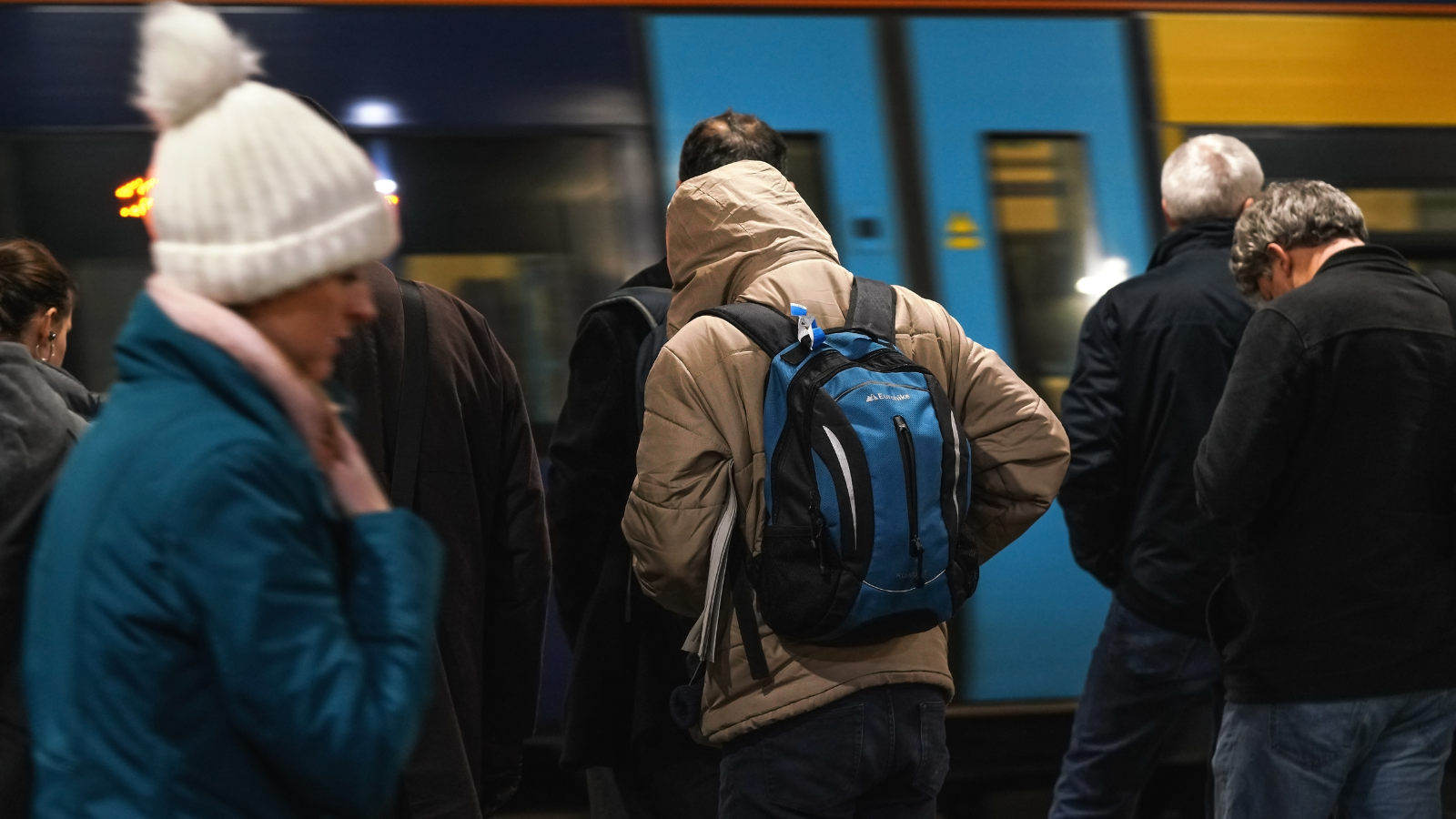
It’s hard to believe this one still needs to be said, but letting passengers get off the train before you get on is a cornerstone of good manners because when you’re rushing to board, you block the door against someone trying to get off around you. Standing aside and allowing others to disembark first can speed things up.
Keep Your Bags Out of the Way
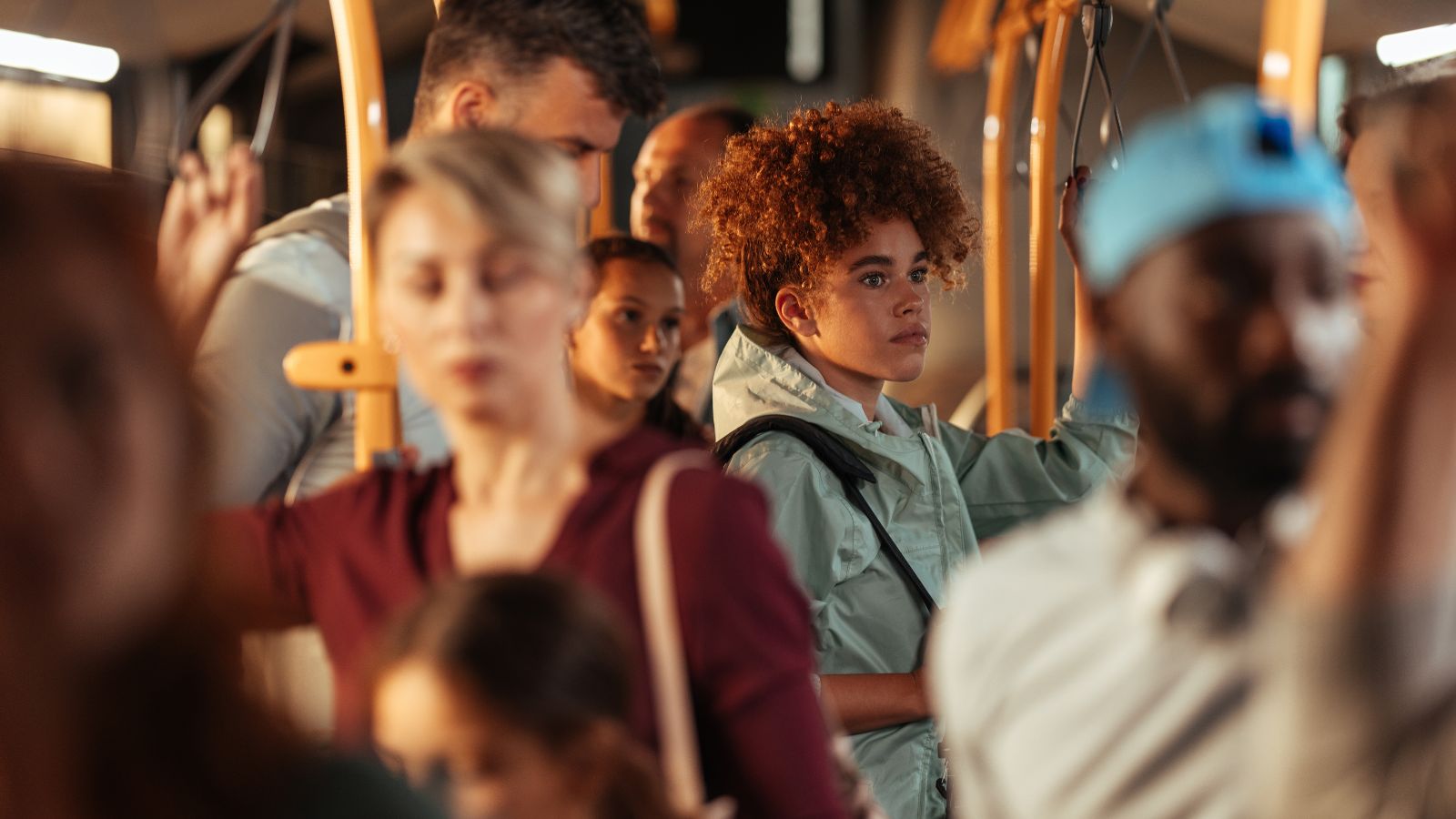
There’s nothing worse than trying to squeeze down a train aisle only to find it blocked by someone’s oversized suitcase. It creates a bottleneck, and no one wants to trip over your bag while trying to find their seat, so if there’s overhead storage or a luggage rack, use it—it’s there for a reason.
Don’t Be That Person With Loud Music
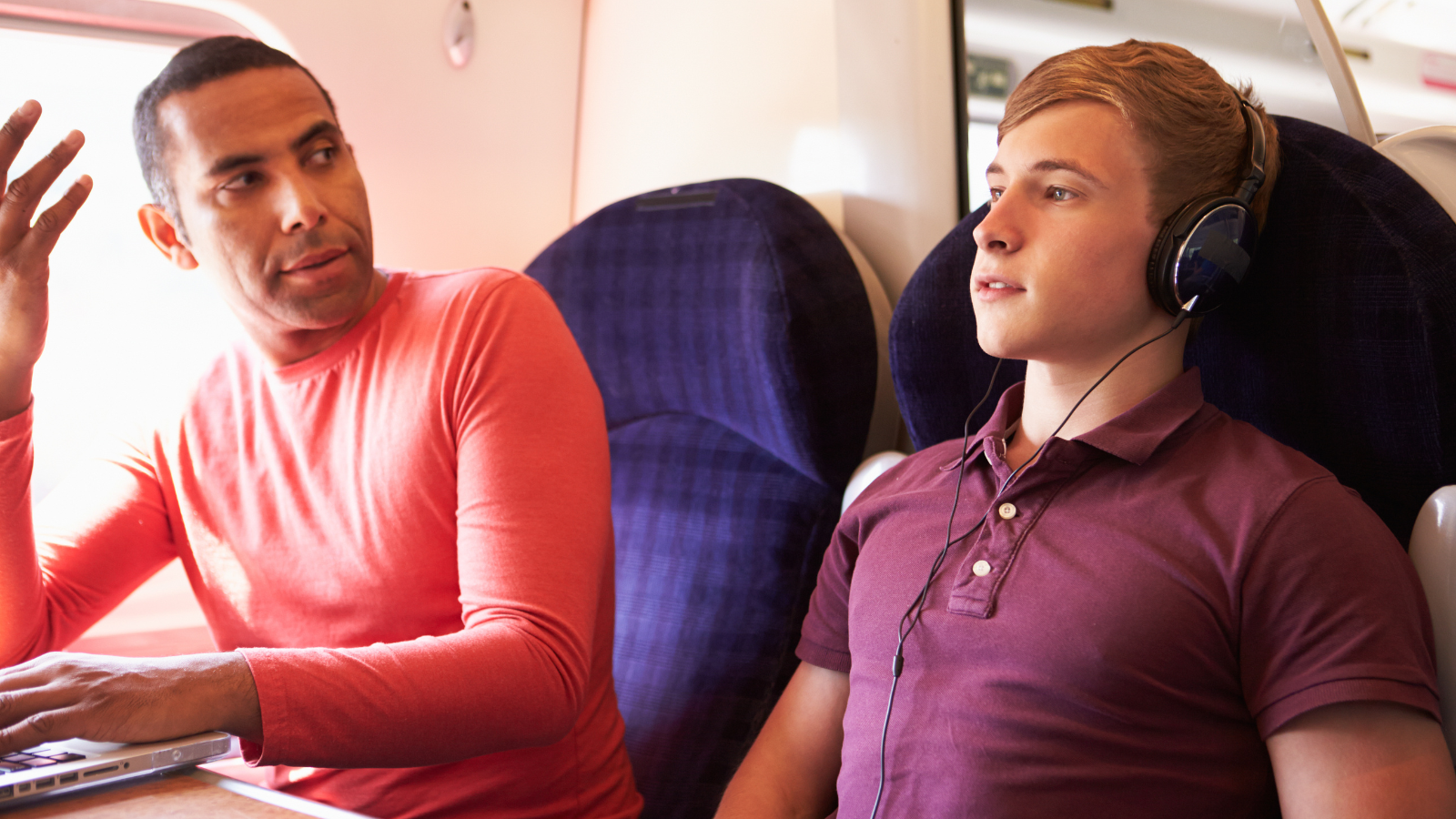
A good rule of thumb for music playing is that if you can hear it faintly when you take your headphones out, it’s probably too loud. We’ve all been there when someone’s music is so loud it feels like you’re wearing their headphones, and it’s not only annoying, it’s disruptive.
Stop Taking Up Two Seats
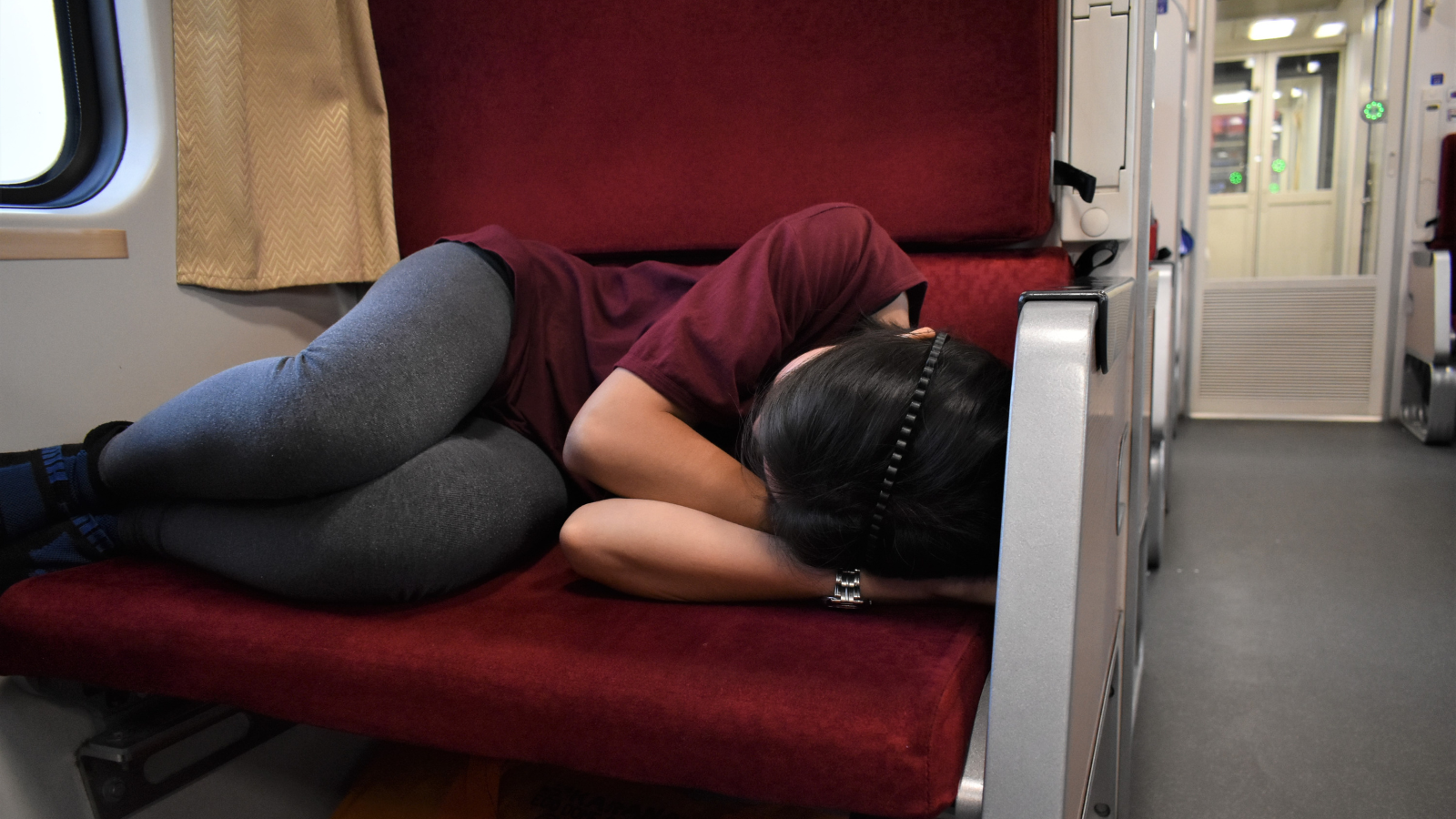
Spreading out on a train when it’s crowded is a major no-no, too, as bags, coats, or just sprawling legs can make it difficult for someone to find a seat when space is tight. If you’re travelling alone and the train starts filling up, be proactive—move your belongings or adjust your position to make room.
Keep Your Phone Calls Short and Sweet

Remember, trains are shared spaces, and no one really wants to hear the details of your lunch plans or the latest office gossip, so if it’s a phone call that can wait until you’re off the train, it’s probably best to do so. Long, booming phone conversations can turn even the quietest train ride into a headache.
Quiet Zones are Meant To Be Quiet
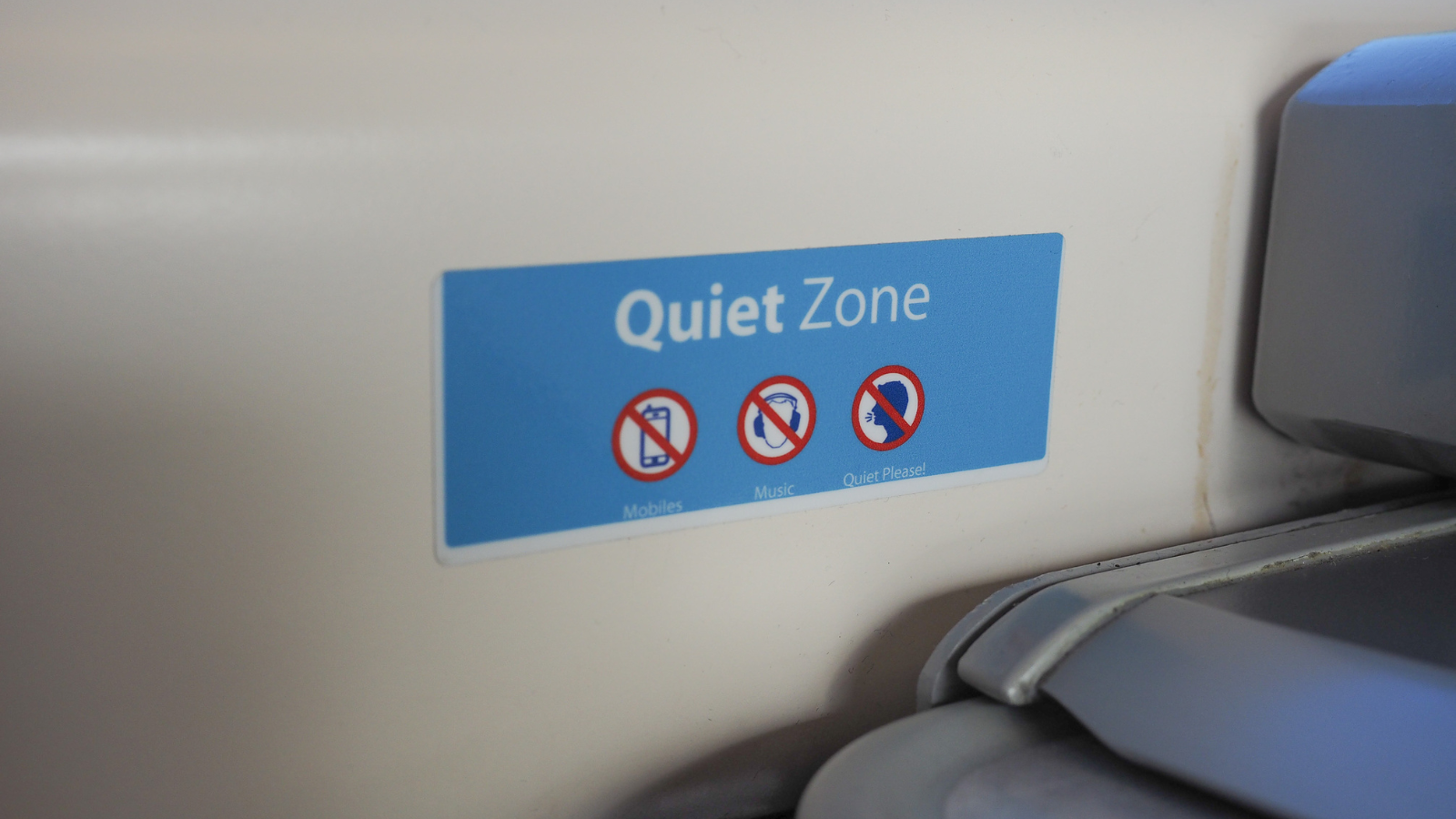
Quiet carriages are a haven for those who need a break from the noise, which is why some commuters choose them, and if you’re lucky enough to snag a seat in one, it’s your responsibility to uphold the peace. This means no phone calls, no loud conversations, and definitely no noisy gadgets.
Choose Your Snacks Wisely

Nobody wants to sit in your mess or smell your lunch for the next hour, and even though we all get hungry during long journeys (and snacking is fine) think about what you’re eating before you unwrap it. Pungent foods like egg sandwiches or anything too greasy can quickly fill a cramped carriage with unpleasant smells.
Don’t Hog the Doorway

During rush hour, finding space on a packed train can feel like a game of Tetris, but standing in the right spot can make all the difference. Don’t block the doors, as tempting as it is to stay near an easy exit; instead, move into the carriage so others can board smoothly while also trying to avoid leaning against poles other people are trying to hold on to.
Pushing Never Helps
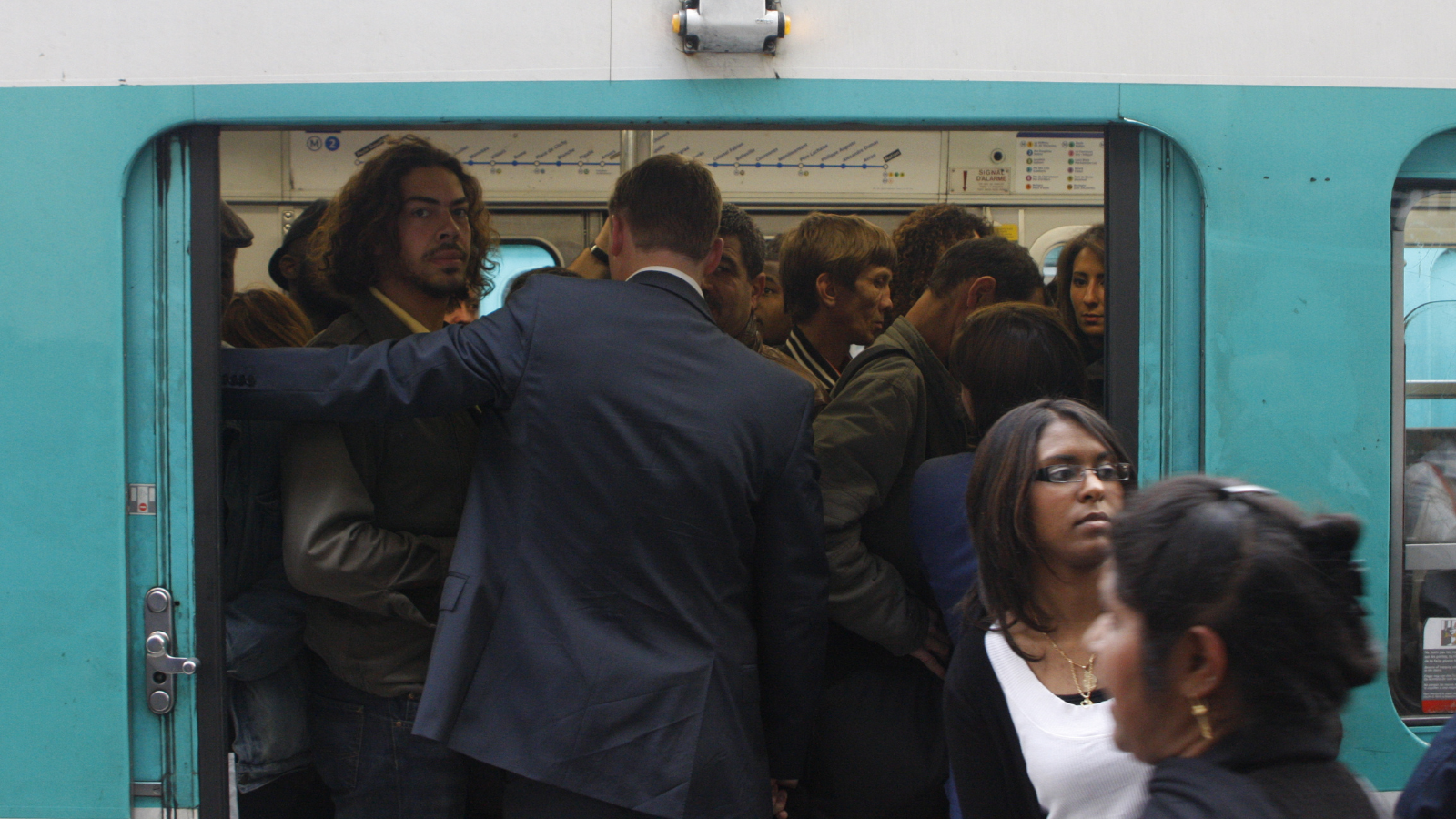
Being calm and patient won’t just make you feel better, it sets the tone of respect for everyone around you, and even though boarding and alighting can feel chaotic, pushing your way through never helps. It’s stressful, unnecessary, and frankly a bit rude, so if the train’s too full, accept that you might need to wait for the next one.
Take Your Rubbish With You

A train littered with empty coffee cups, crisp packets, or discarded newspapers is unpleasant and inconsiderate to both staff and other passengers, therefore before you leave, take a quick look around your seat and gather any rubbish. Most stations have bins just outside the train, so it’s easy to dispose of your waste.
Give Up Your Seat if Somebody Needs It

Priority seats are meant for those who genuinely need them, which means when you’re sitting in one and see someone struggling to stand, don’t wait for them to ask, offer the seat immediately. This could be an older person, a pregnant passenger, or someone with a visible or hidden disability.
Keep Your Stuff (and Yourself) Compact
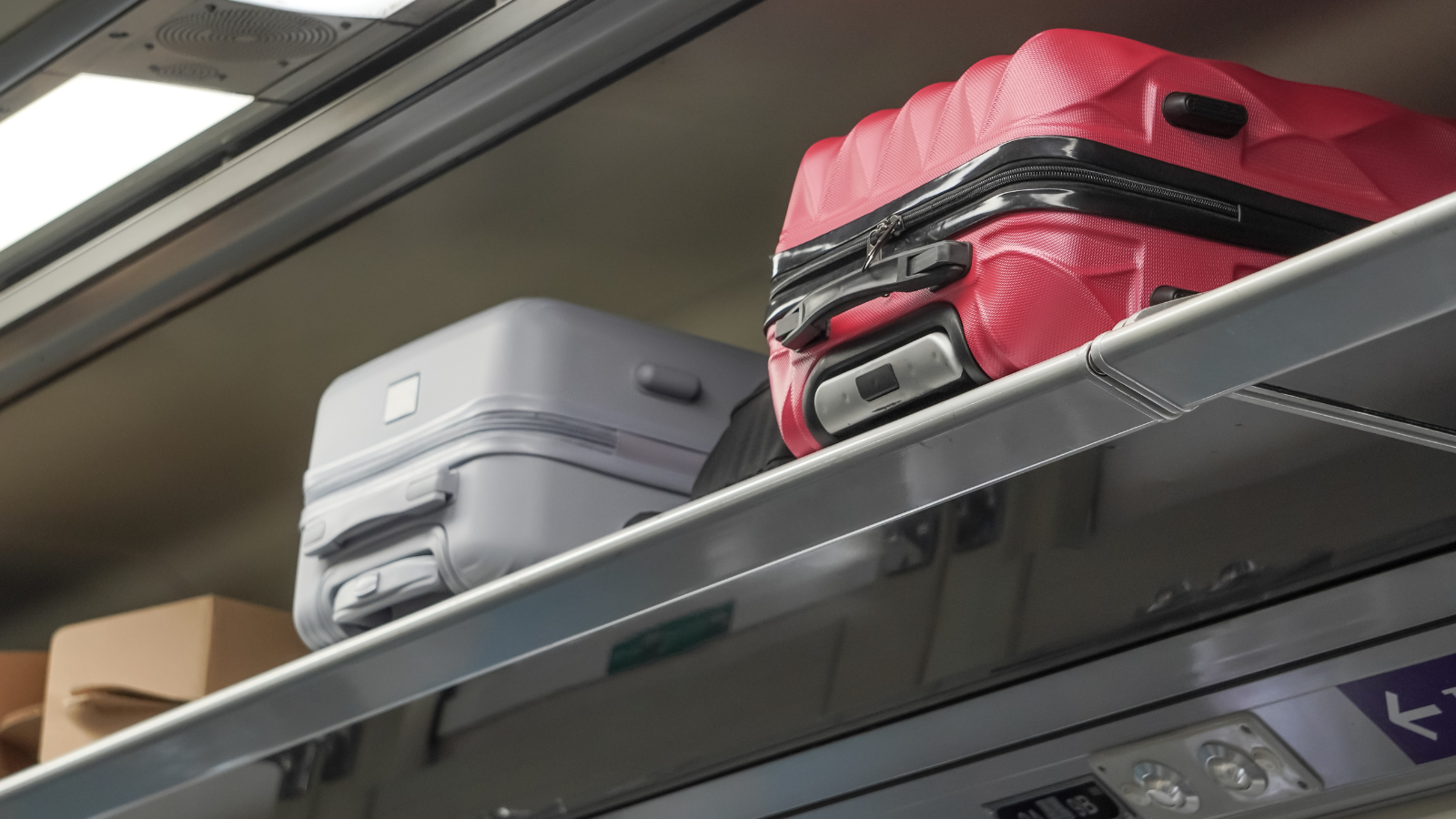
When you’re travelling by train, you expect cramped spaces to be part of the deal, which is all the more reason to be mindful of how much room you’re taking up. Keep your elbows tucked in, your bag stowed neatly, and your feet firmly on the ground; nobody likes feeling crowded out by someone who’s taking up more than their fair share of space.
Avoid Hovering Over People
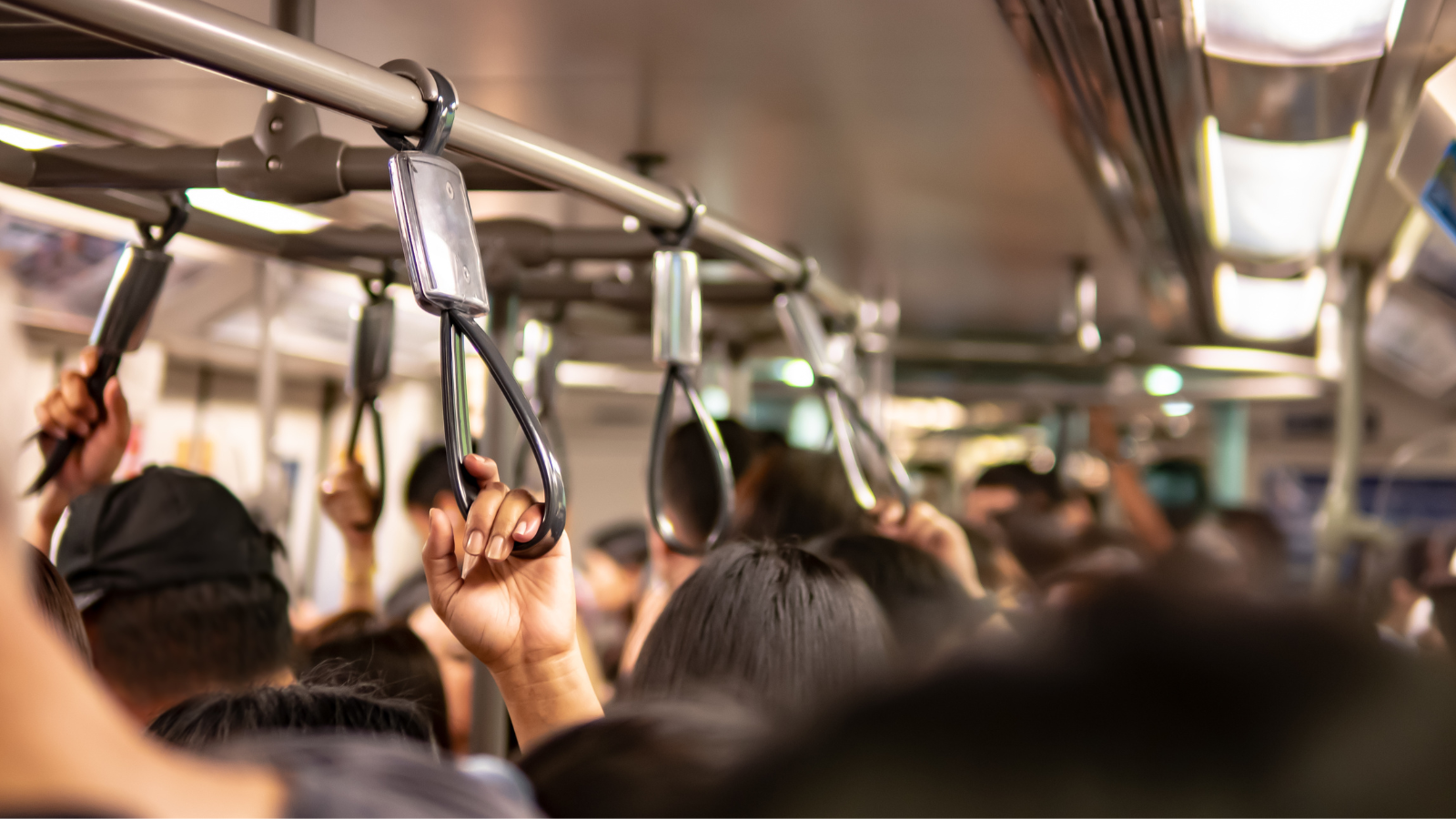
A small adjustment that can make all the difference for the person sitting down is to step back a bit and make sure you’re not looming over them, giving them a bit of breathing room and a more comfortable journey overall. Standing too close to someone who’s seated can feel uncomfortably intrusive, especially on less crowded trains.
Resist the Urge to Spy on Screens

It might be tempting to sneak a peek at what someone else is watching, reading, or typing—most people have done it at some point—but try to resist the urge to peek at that email or Netflix show. Besides, it’s a little creepy to be caught looking over someone’s shoulder when you can bring your own entertainment instead.
Keep Doorways Clear
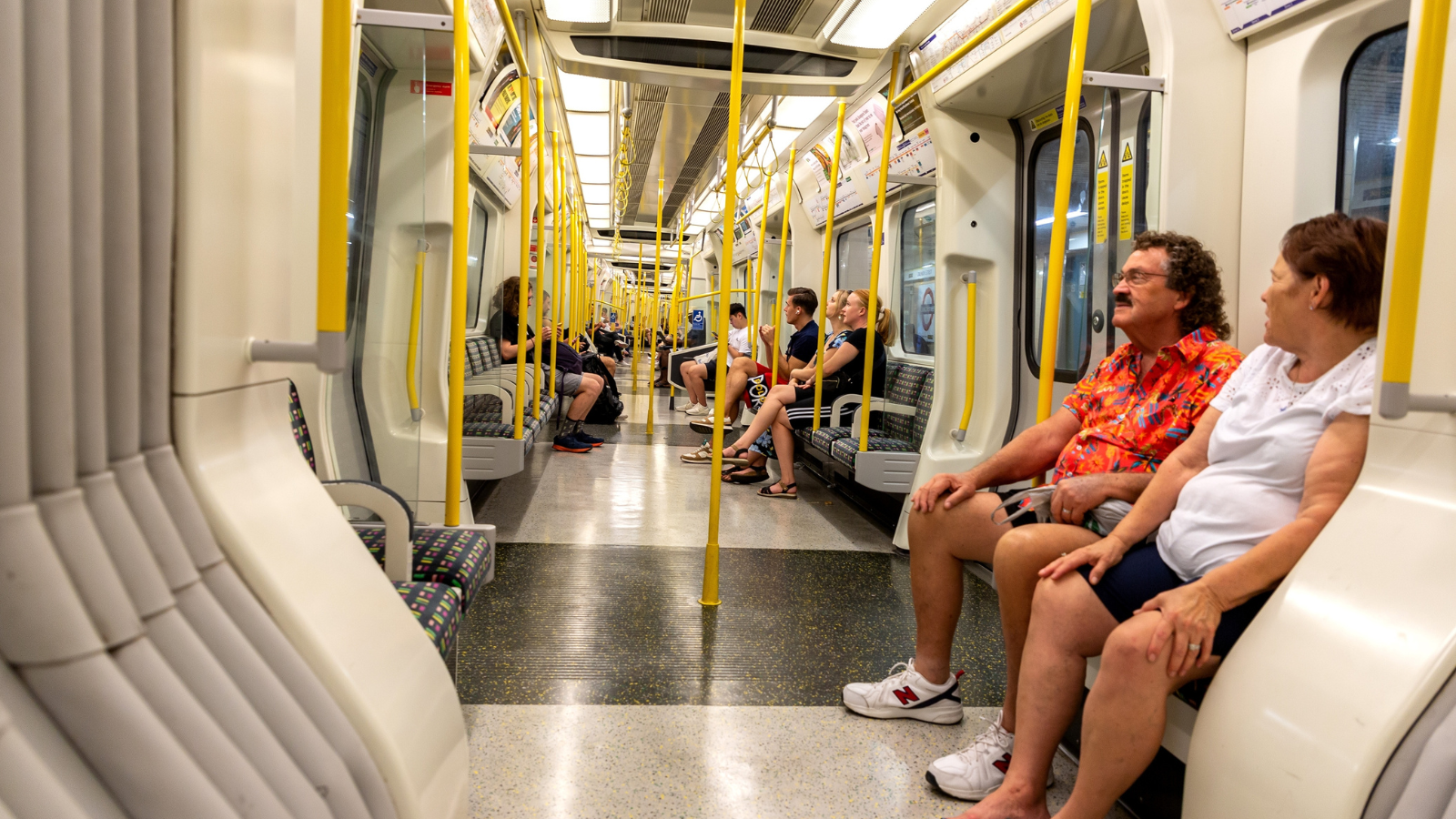
Train doorways are high-traffic zones, especially at busy stations; if you’re not getting off at the next stop, step aside to let others pass freely. Blocking the doors not only causes frustration but can also delay the train’s departure, so stand further back and do your part to help keep the process smooth.
Treat Train Staff With Respect
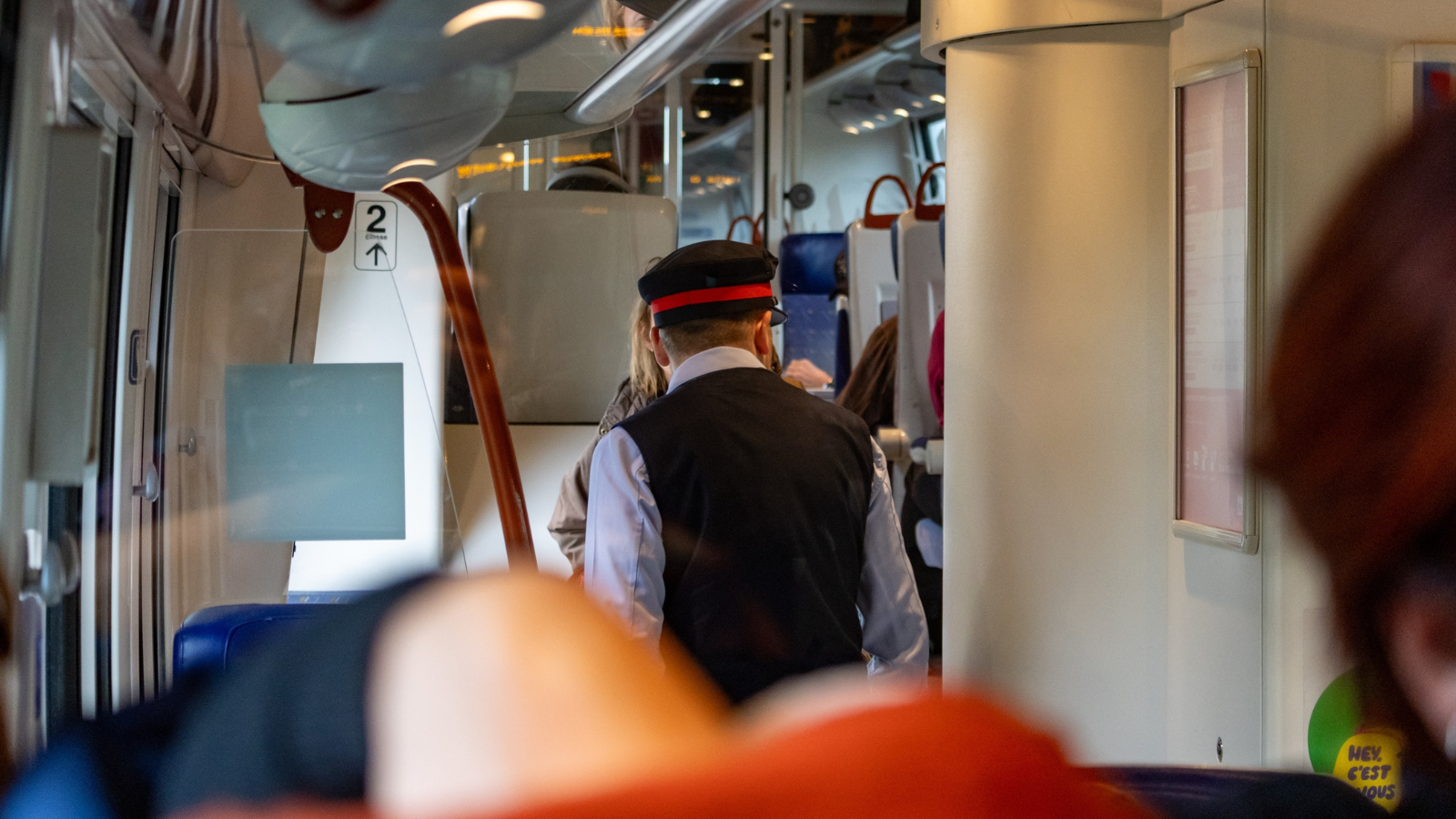
A kind word or even a simple “thank you” can brighten the day of train staff, setting the tone for a more pleasant journey for everyone. The people working on trains are there to help, but they’re often under a lot of pressure, so when you’re asking for assistance or dealing with a ticket issue, be polite and patient.
Think Twice About Big Bags During Rush Hour
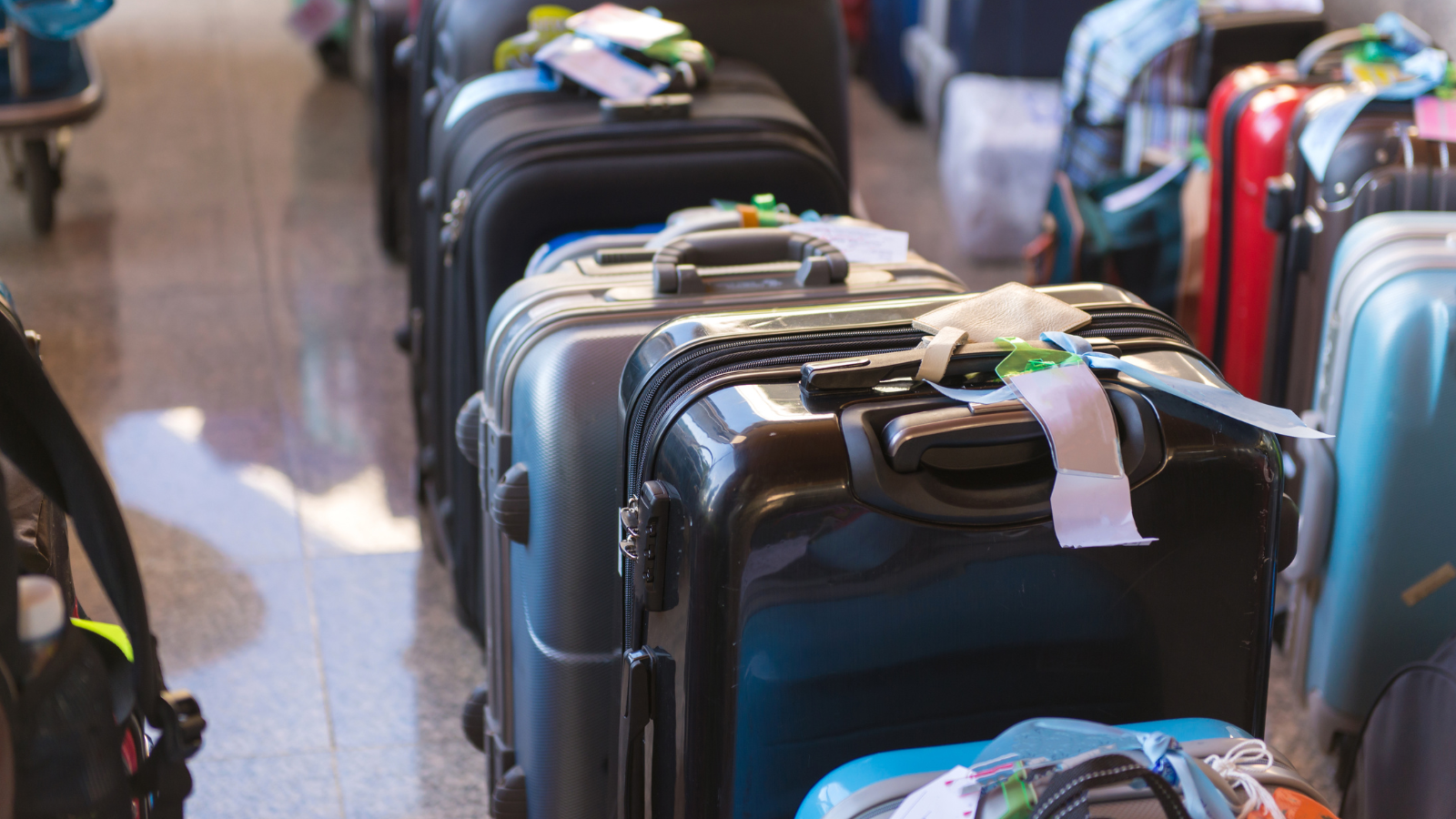
Although it can’t always be avoided if you genuinely need to bring a big bag, large bags on a crowded train are bound to cause trouble—especially during peak hours—therefore, if you’re travelling with oversized luggage, consider off-peak times. Or, you could even reserve space in advance if possible.
Look Out for People Who Need Extra Help
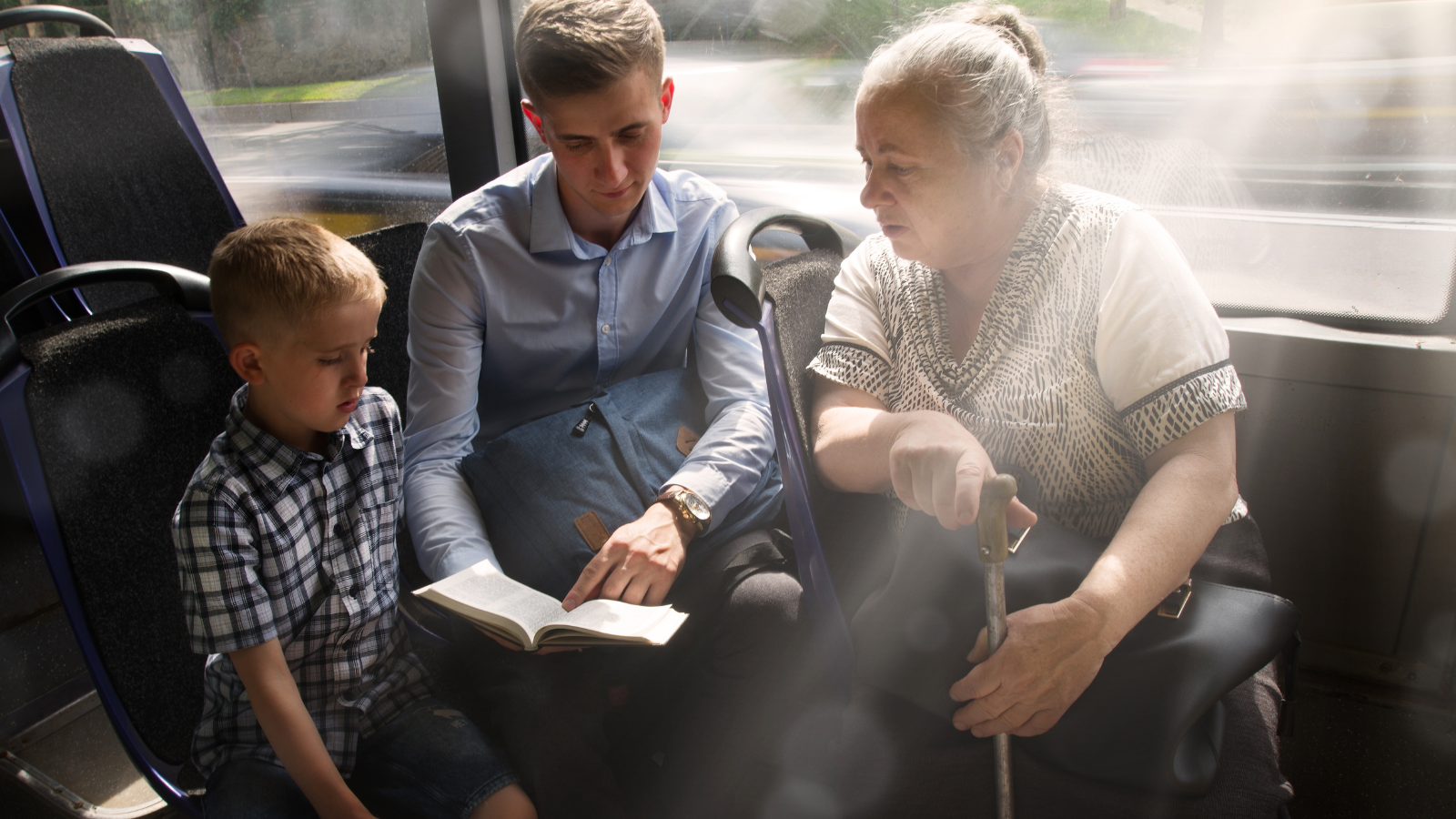
One last piece of etiquette advice is to keep an eye out for passengers who might need extra consideration and do your part to ensure they have a stress-free journey. Accessibility features like wheelchair spaces and ramps exist to make train travel inclusive.

